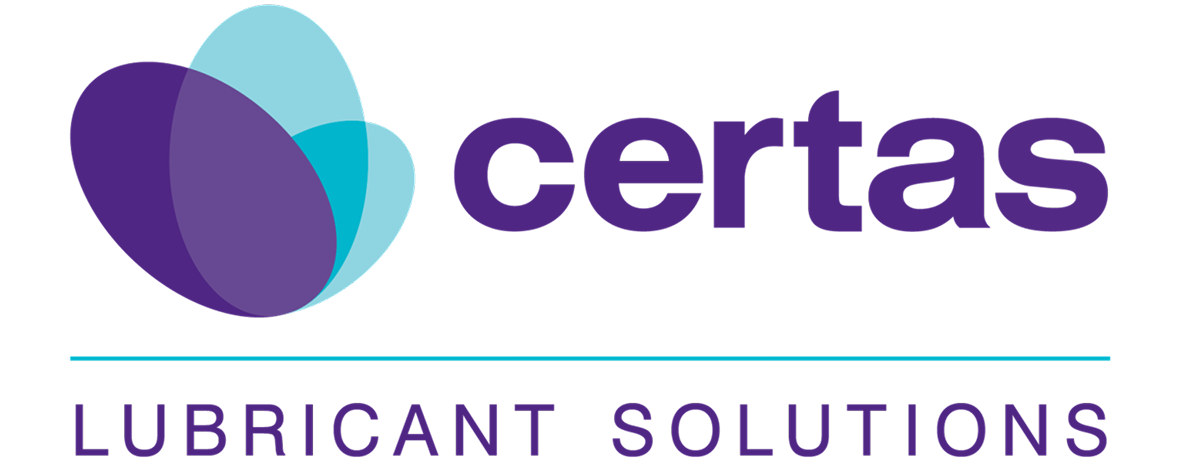Introduction
Fleet operators face the dual challenge of maintaining operational efficiency while ensuring compliance with environmental regulations. AdBlue® plays a crucial role in achieving these objectives by reducing NOx emissions in diesel vehicles. This article explores best practices for managing AdBlue® usage within fleet operations.
Understanding AdBlue® Consumption in Fleets
AdBlue® consumption in fleet vehicles typically ranges from 3% to 5% of diesel fuel usage. Factors influencing consumption include vehicle type, load, driving conditions, and engine efficiency. Monitoring these variables helps in predicting AdBlue® needs and planning refills accordingly.
Implementing Efficient AdBlue® Management Strategies
- Regular Monitoring: Utilise telematics and onboard diagnostics to track AdBlue® levels and consumption patterns across the fleet.
- Bulk Purchasing: Buying AdBlue® in bulk can lead to cost savings and ensures a steady supply, reducing the risk of running low.
- Proper Storage: Store AdBlue® in appropriate containers and conditions to maintain its quality and effectiveness.
- Driver Training: Educate drivers on the importance of AdBlue® and proper refilling procedures to prevent misuse or contamination.
Benefits of Effective AdBlue® Management
- Regulatory Compliance: Ensures adherence to emission standards, avoiding potential fines and penalties.
- Operational Efficiency: Prevents vehicle downtime due to AdBlue® depletion or system malfunctions.
- Cost Savings: Optimised usage and bulk purchasing reduce overall expenditure on AdBlue®.
Partnering with Certas Lubricant Solutions for Fleet Success
Certas Lubricant Solutions understands the unique needs of fleet operations and offers:
- Customised Delivery Schedules: Tailored to your fleet’s requirements to ensure timely replenishment.
- Technical Support: Expert advice on storage solutions and handling practices.
- Quality Assurance: Supplying AdBlue® that meets ISO 22241 standards for optimal performance.





